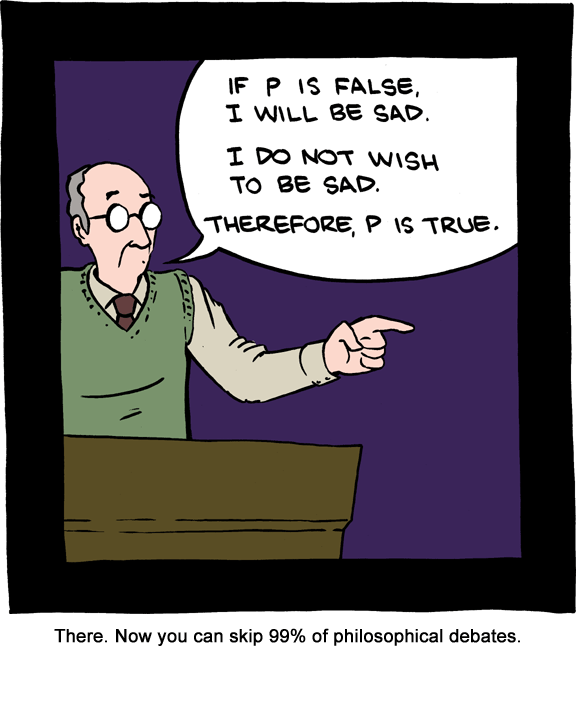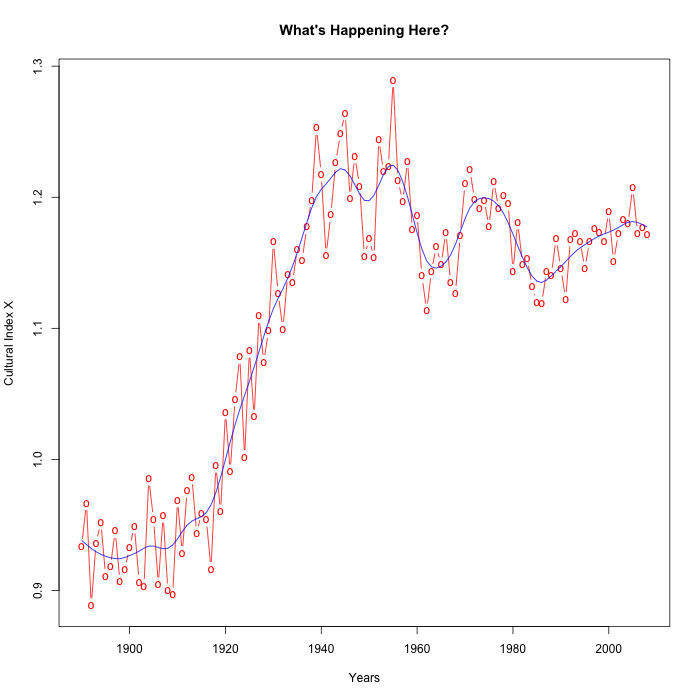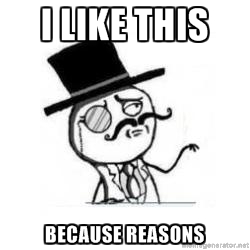Tyler Cowen, "I wonder if this is actually true", Marginal Revolution 7/12/2012.
Researchers who have scanned books published over the past 50 years report an increasing use of words and phrases that reflect an ethos of self-absorption and self-satisfaction.
"Language in American books has become increasingly focused on the self and uniqueness in the decades since 1960,” a research team led by San Diego State University psychologist Jean Twenge writes in the online journal PLoS One. “We believe these data provide further evidence that American culture has become increasingly focused on individualistic concerns.”
Their results are consistent with those of a 2011 study which found that lyrics of best-selling pop songs have grown increasingly narcissistic since 1980. Twenge’s study encompasses a longer period of time—1960 through 2008—and a much larger set of data.
That 2011 study was not very convincing — for details, see "Lyrical Narcissism?", 4/9/2011; "'Vampirical' hypotheses", 4/28/2011; "Pop-culture narcissism again", 4/30/2011; "Let me count the ways", 6/9/2011.
On the face of it, however, the new study (Jean M. Twenge, W. Keith Campbell, and Brittany Gentile, "Increases in Individualistic Words and Phrases in American Books, 1960–2008", PLoS One 7/10/2012) looks more plausible. But I thought that for this morning's Breakfast Experiment™ I'd take a closer look. And what I found diverges pretty seriously from the conclusions of the cited paper.
Read the rest of this entry »




